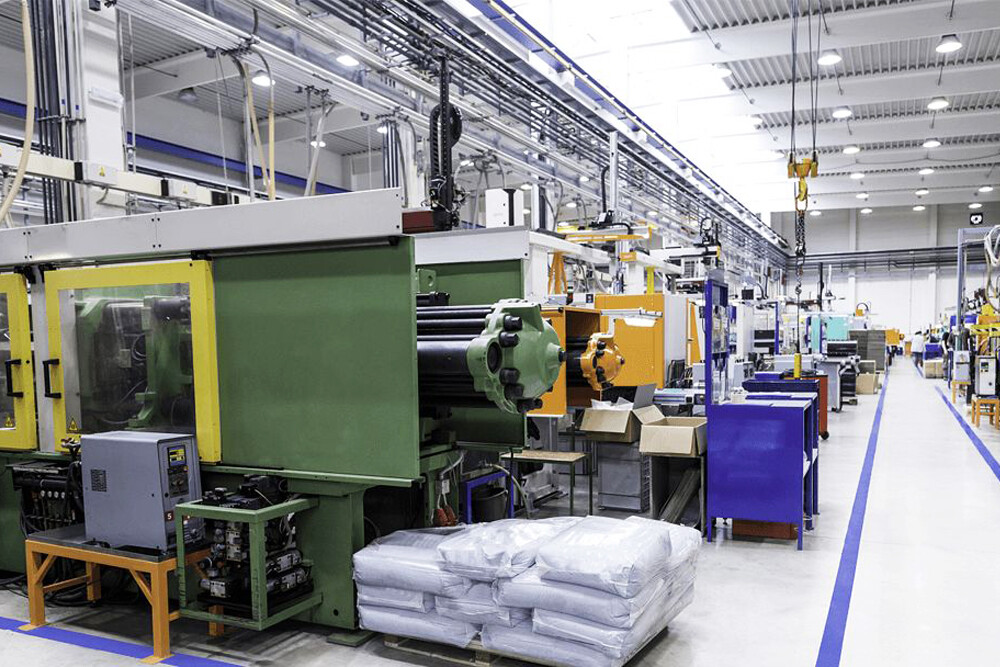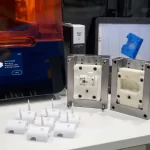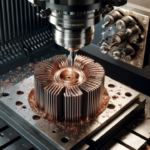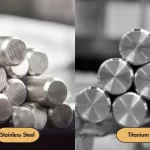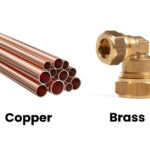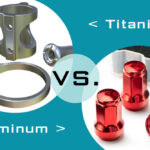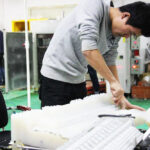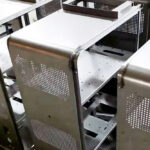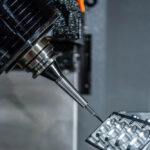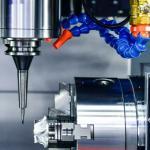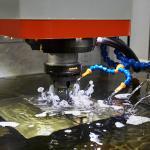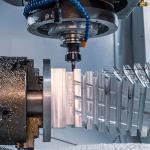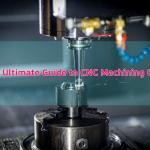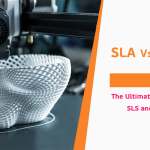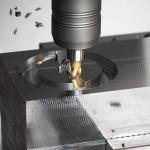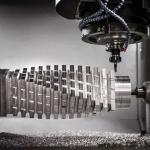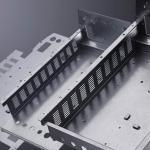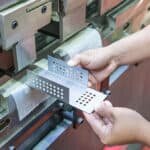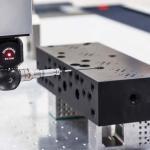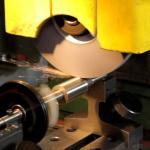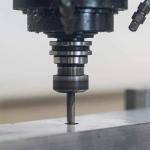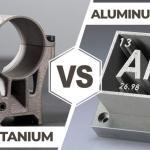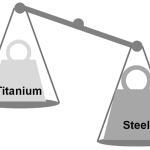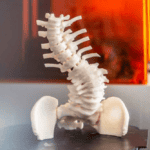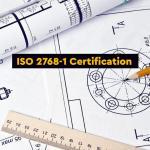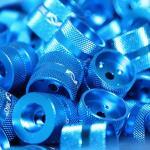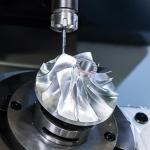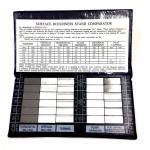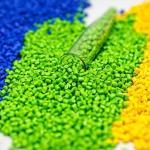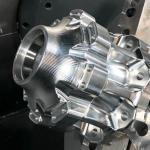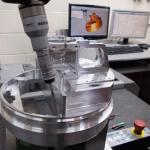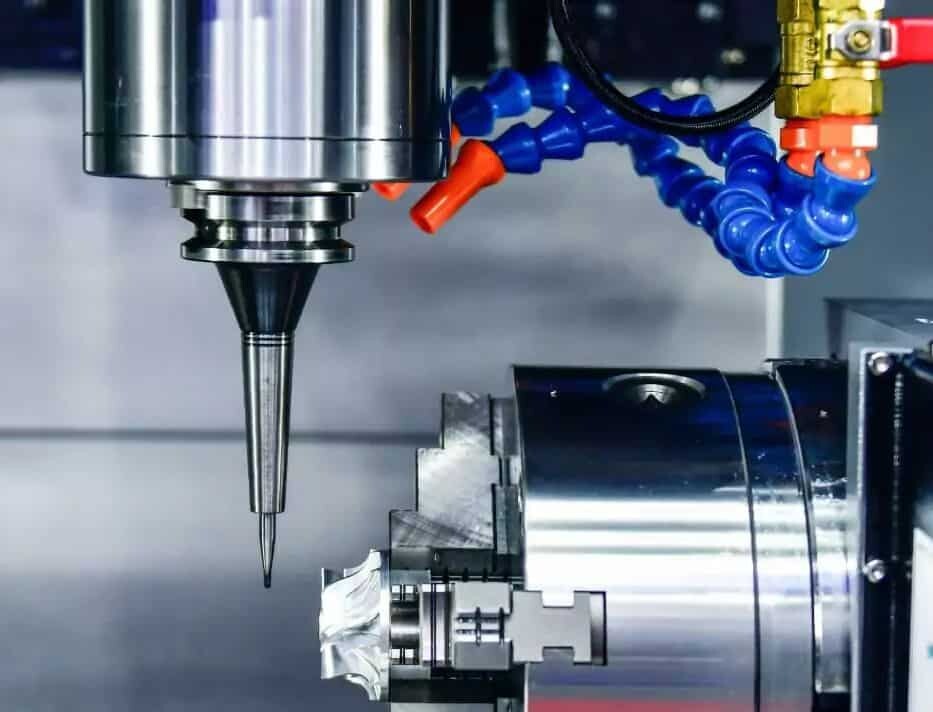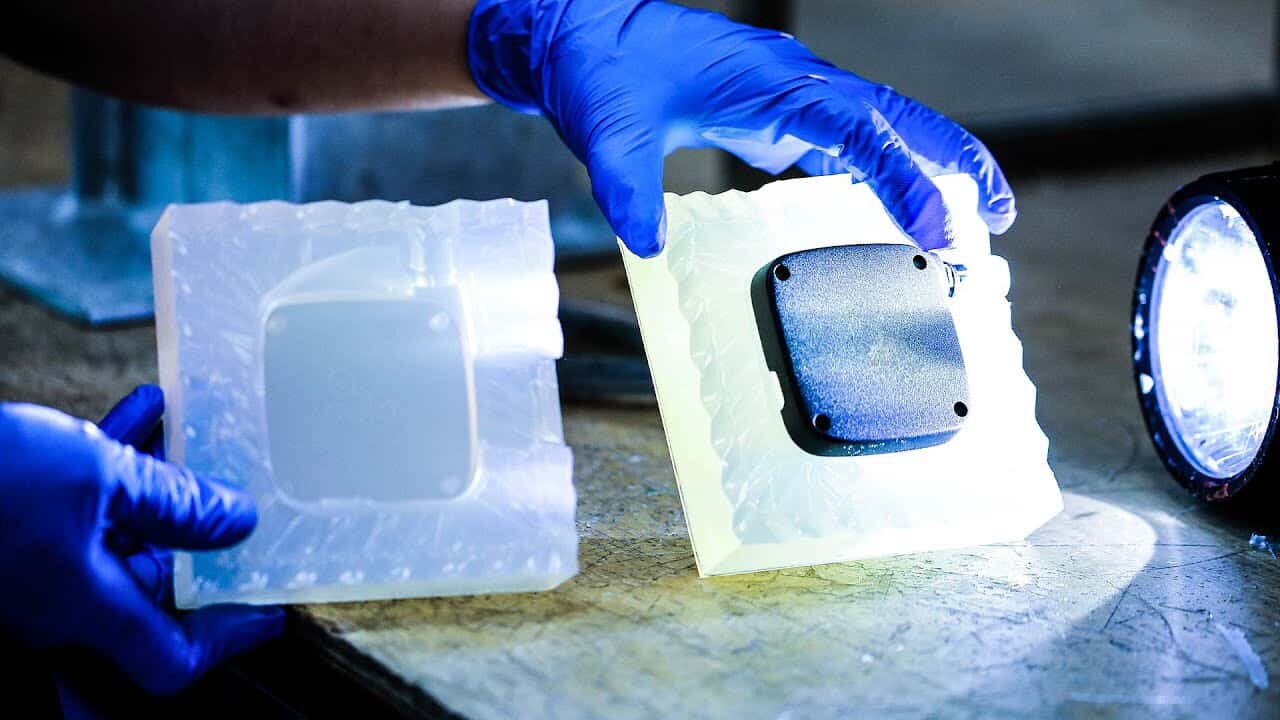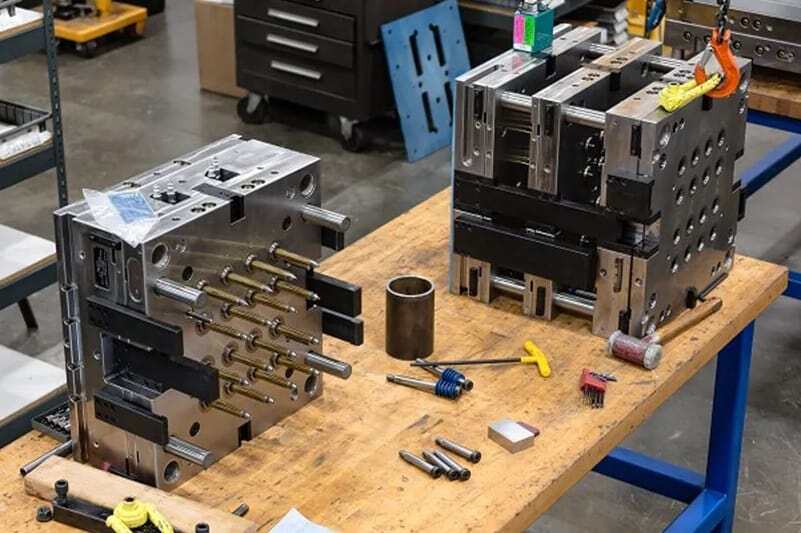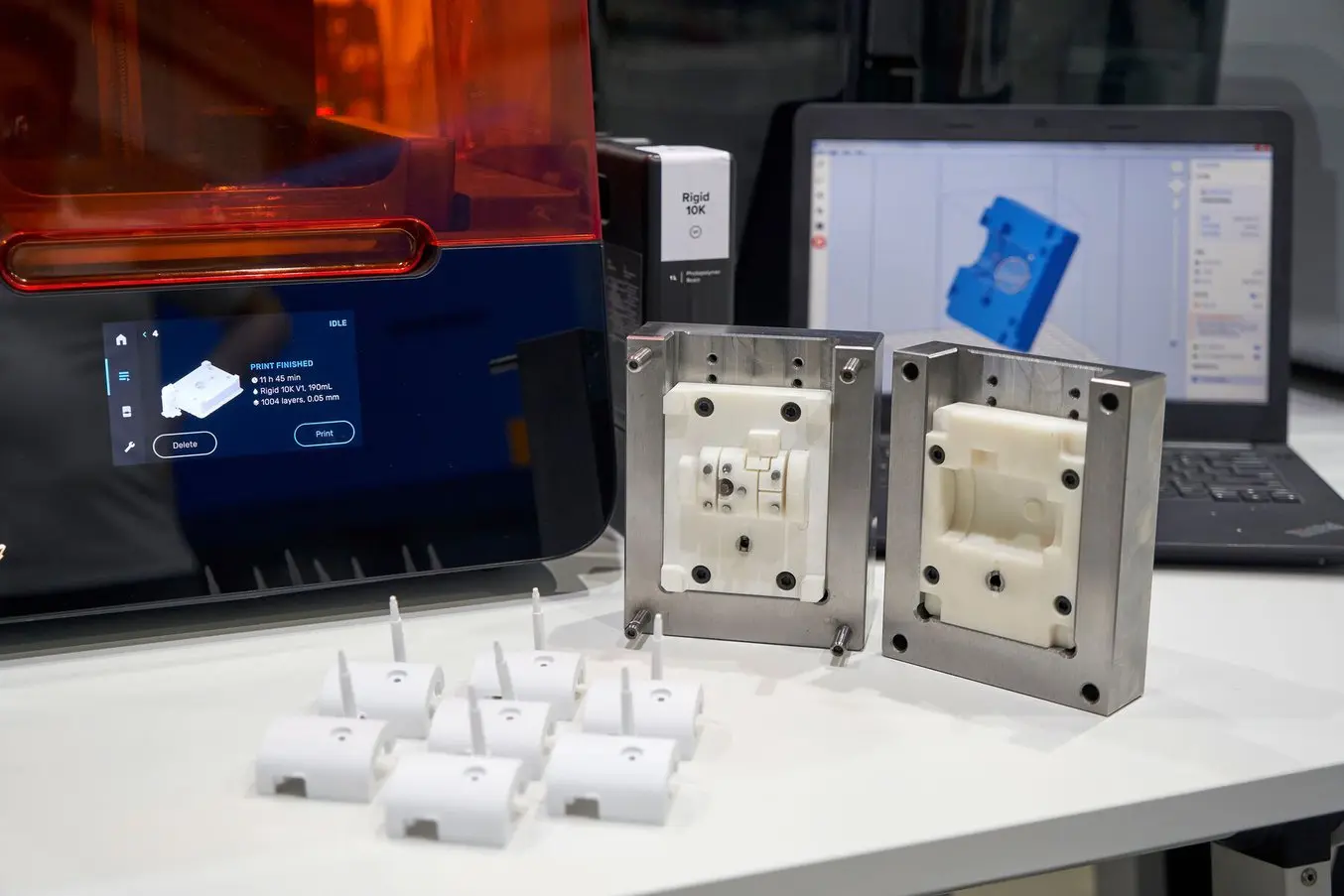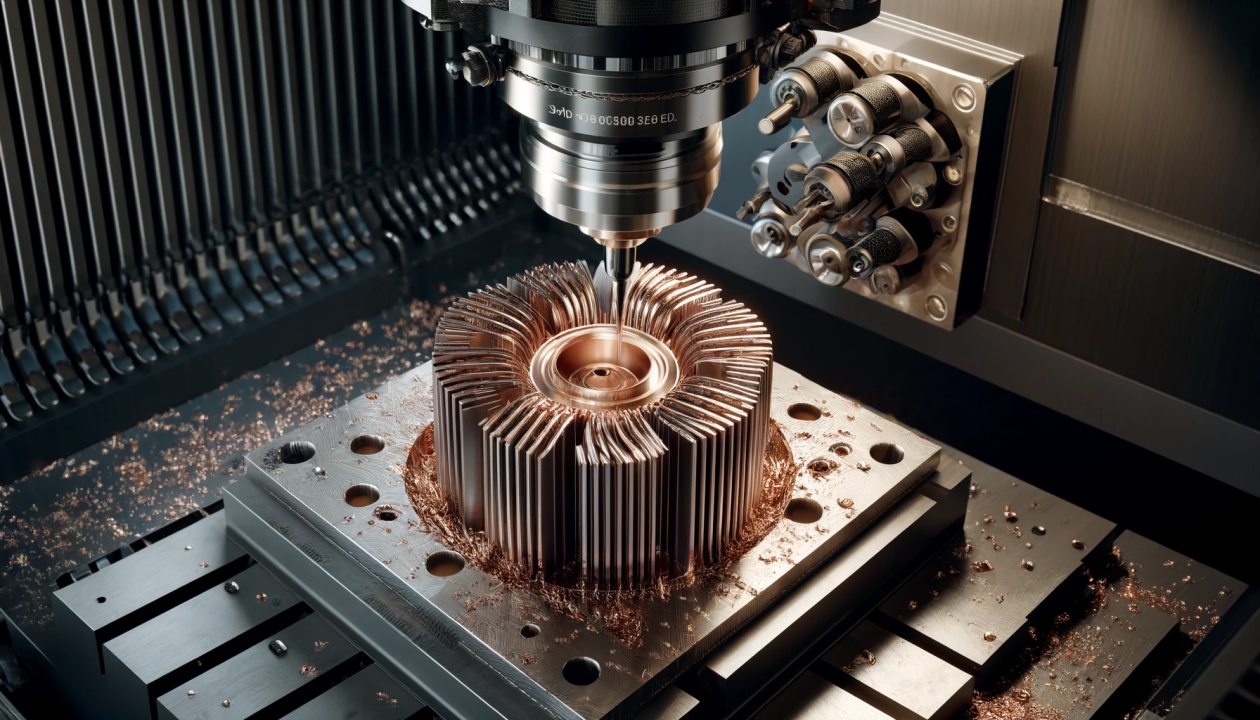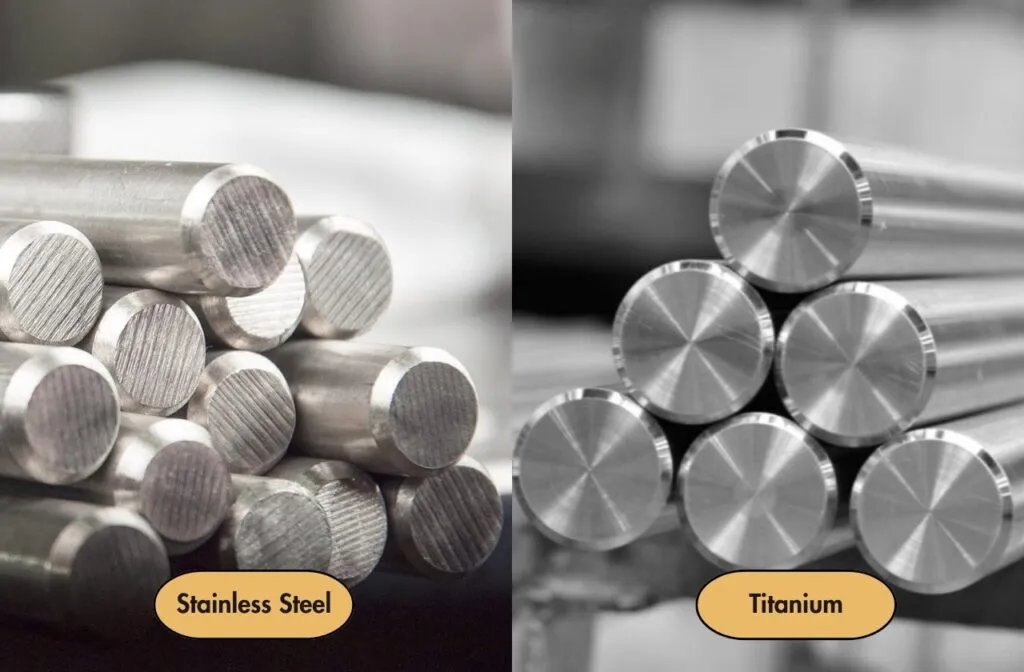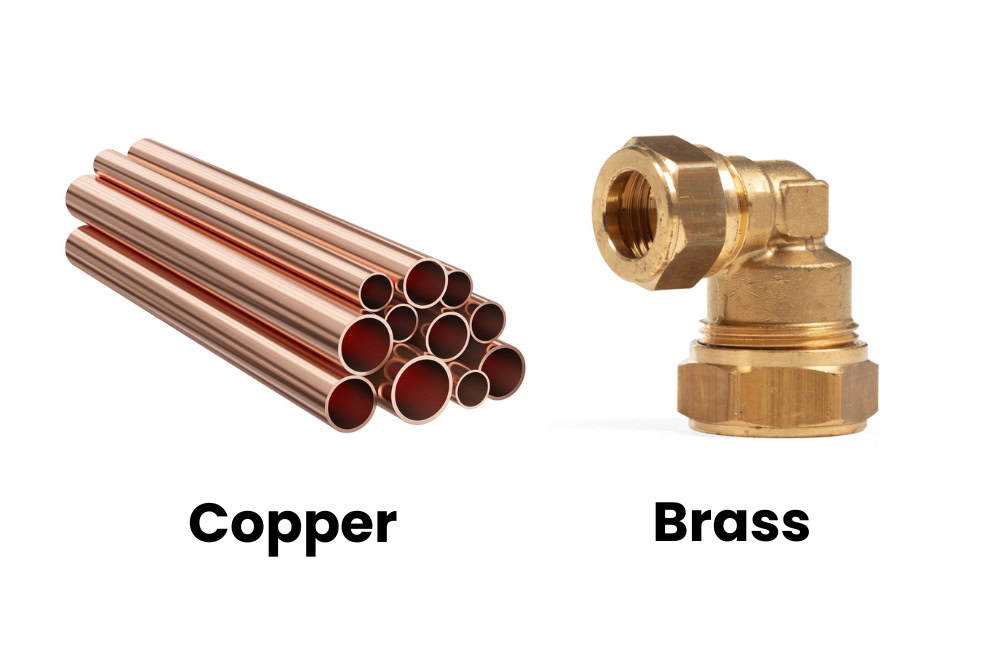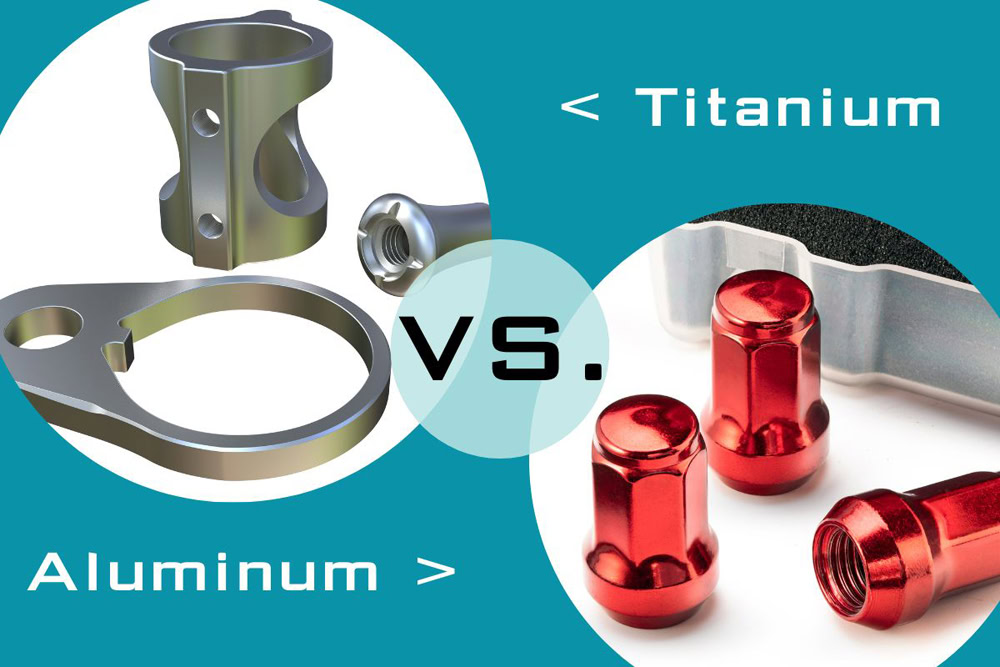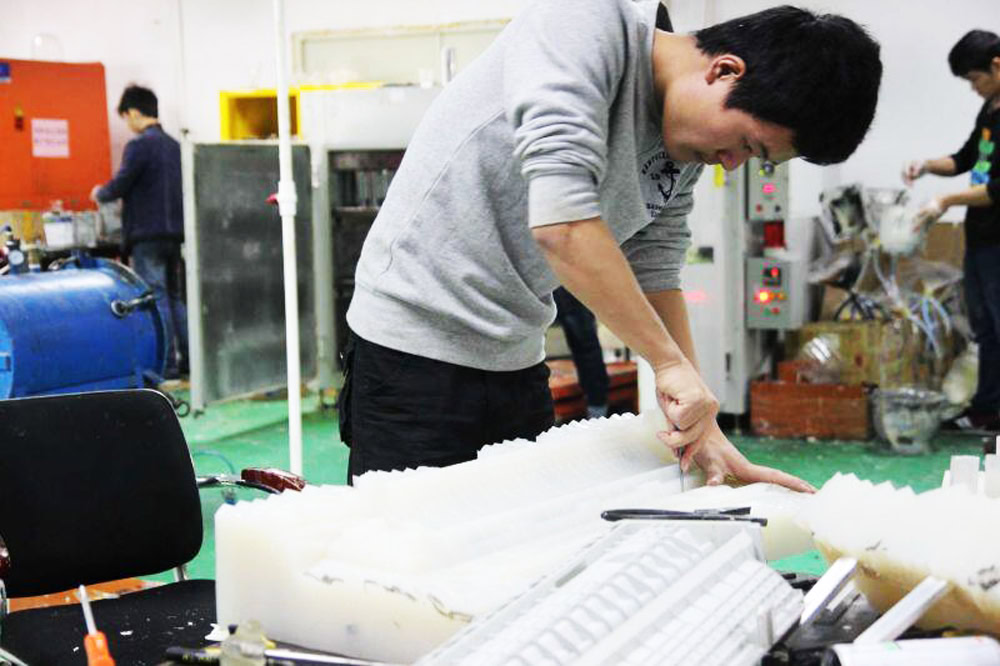Injection molding is one of the most popular processes for manufacturing plastic products. It is a fast, versatile, cost-effective, and precise way to create high-quality plastic parts. Injection molding is compatible with various materials to manufacture complex three-dimensional shaped parts, and is widely used in toys, medical, automotive, agriculture, industry, aerospace and other fields. China’s injection molding services have been recognized by various countries around the world, firmly confirming its status as a famous manufacturing center. China’s molds have formed a mature industrial chain and are capable of manufacturing high-quality plastic parts at extremely low costs. This blog aims to delve into the details of injection molding services in China, the advantages of injection molding services in China, and how to choose a reliable supplier to provide you with guidance in making an informed decision.
Table of Contents
ToggleWhat are injection molding services?
The first step in finding injection molding services in China is understanding what the process entails. Injection molding involves injecting heated resin or plastic (in liquid form) into a mold (aluminum and steel mold) cavity under high pressure. Pressure forces the liquid material into every corner of the mold, allowing it to cool and harden, then the mold is opened to obtain an exact replica of your design drawing. Ideally, to perfectly control the flow of liquid plastic, there should be a high-precision match between the two halves of an injection mold. The molds are usually made of aluminum or steel. In high-volume manufacturing of plastic parts, the injection molding process is highly repeatable and reliable. When the first part T1 is created, the next thousands of parts are almost identical. Injection molding is not as perfect as you might think, especially when manufacturing parts with complex structures can encounter problems such as cracks or surface defects. Of course, mold design, testing, manufacturing cycle and other factors affect the cost of injection molding services. That’s why it’s important to look for a reliable, experienced, and trustworthy Chinese injection molding company.
Step 1: Design and Prototype
The science of manufacturable designs and manufacturing prototypes for cosmetic and functional testing.
Use CAD software, 3D printing, CNC machining and other processes to create prototypes and optimize designs.
Step 2: Mold design
Optimize key elements of mold design, including parting lines, gates, runners and ejection systems.
Discuss the importance of mold liquid flow analysis and simulation in optimizing mold design.
Explore different mold materials, such as steel and aluminum, and their compatibility for specific projects.
Discuss factors to consider when selecting mold materials, such as cost, durability, throughput.
Step 3: Injection Molding Production
Discuss the suitability of different types of injection molding machines and their manufacturing requirements.
Make preparations before production, such as barrel heating, mold clamping and injection unit calibration.
Optimize the injection process, including the role of screw speed, injection pressure and injection time.
Full tracking of the melting and plasticizing stages of materials in the injection molding machine.
Cooling is essential for achieving part dimensional stability and reducing defects.
Optimize the ejection process and ejection mechanism.
Step 4: Post-processing and finishing
Ways to optimize excess material and flash in molded parts.
Trimming and deburring are essential to achieve the desired aesthetics and functionality of the part.
Step 5. Quality Control and Inspection
Quality control measures are essential to ensure high-quality manufacturing results for custom plastic injection molding.
Dimensional measurement, visual inspection and material testing throughout the injection molding process.
Emphasis on the importance of quality control in identifying defects, ensuring part consistency, and maintaining consistency.
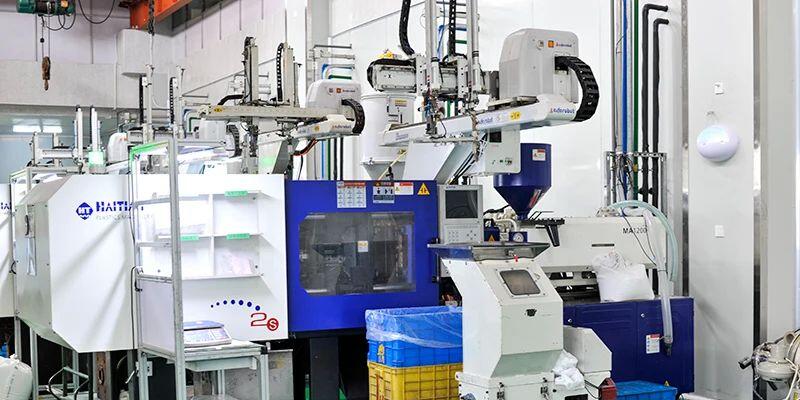
Injection molding materials
While there are thousands of thermoplastics and thermosets available, each material has its own unique properties and properties, some better than others. Material selection depends on the specific requirements of the application, such as mechanical strength, heat resistance, chemical resistance and appearance, and choosing the right material affects the injection molding operation and the performance of the final product. The following is a summary by AN-Prototype of some common plastic materials used in injection molding:
Acrylic (PMMA)
PMMA is a clear thermoplastic known for its optical clarity and impact resistance. Acrylic has high surface hardness and is easy to manufacture, shape and polish. It is often used to make transparent parts and can be used as a substitute for glass, such as optical lenses, transparent walls, windows and automotive lighting fixtures. Acrylic has excellent weather and UV resistance, resists yellowing, and has high tensile strength, scratch resistance, and weather resistance, making it the material of choice for outdoor signage and architectural applications.
Grades and brands: PMMA grades include general grade and impact modified grade. Some popular brands include Lucite by Lucite International, Diakon by Mitsubishi Chemical, and Plexiglas by Evonik.
Nylon (Polyamide)
Nylon is a strong and durable engineering thermoplastic known for its excellent mechanical properties and wear resistance. It is commonly used in applications that require high strength, such as automotive parts, bearings, gears and bushings, machine parts, industrial components and consumer products. Nylon has high tensile strength and good impact resistance, as well as high wear resistance and low friction properties.
Grades and Brands: Nylon comes in a variety of grades, including nylon 6, nylon 6/6, and nylon 6/12. Some well-known brands include DuPont’s Zytel, BASF’s Ultramid and DSM’s Stanyl.
Polyoxymethylene (POM)
Polyoxymethylene, also known as acetal or Delrin, is a high-strength engineering plastic. It is hard, tough, has good dimensional stability and low friction properties, and can be used to make automotive and mechanical parts that replace metals, such as ball bearings, tool handles, fasteners, gears, etc. It has low hygroscopicity and resistance to various chemicals.
Grades and Brands: POM comes in a variety of grades, including copolymer POM and homopolymer POM. Some common brands include DuPont’s Delrin, BASF’s Ultraform, and Ticona’s Celcon.
Polystyrene (PS)
Polystyrene is a versatile injection molding material known for its low cost and ease of manufacture. General purpose polystyrene (GPPS) and high impact polystyrene (HIPS) are common versions of polystyrene. GPPS is transparent while HIPS is opaque. Polystyrene, which can be rigid or foamed, is lightweight, hard, and has good electrical insulation properties. PS is commonly used in food packaging, disposable tableware, consumer goods and insulation products.
Grades and Brands: PS is available in a variety of grades, including general-purpose and high-impact grades. Some popular brands include Total’s Styrolution, Ravago’s Styron, and SABIC’s Luran.
Polyethylene (PE)
Polyethylene is a lightweight thermoplastic material known for its excellent chemical resistance, high elasticity, electrical insulating properties, elasticity and low cost. It comes in different versions, including high-density polyethylene ( HDPE ) and low-density polyethylene ( LDPE ). HDPE has high stiffness and strength, making it suitable for applications requiring structural integrity, while LDPE is more flexible and offers better impact resistance. It has a low coefficient of friction and is impact resistant, but not particularly strong. High-density polyethylene (HDPE) is commonly used to make packaging boxes, auto parts, toys, and pipes. Low-density polyethylene (LDPE), on the other hand, is suitable for flexible products such as films and bags.
Grades and Brands: PE grades include HDPE (high-density polyethylene), LDPE (low-density polyethylene), and LLDPE (linear low-density polyethylene). Well-known brands on the market include Dowlex from The Dow Chemical Company, Exceed from ExxonMobil and Lupolen from LyondellBasell.
Polypropylene (PP)
Polypropylene is a popular choice for injection molding materials due to its excellent chemical resistance, low density, lightweight and good impact strength. It is easy to form, has good dimensional stability, is tough, elastic, has low moisture absorption and good fatigue resistance. It offers high tensile strength, stiffness and impact resistance for demanding applications. PP is commonly used in automotive parts, cosmetic packaging (caps and closures, containers), consumer goods, medical devices, packaging and food storage industries.
Grade and brand: Commonly used PP grades include homopolymer PP and copolymer PP. Well-known brands on the market include Basell’s Moplen, Braskem’s Pro-fax and ExxonMobil’s PP.
Acrylonitrile Butadiene Styrene (ABS)
ABS is a widely used engineering thermoplastic known for its excellent impact resistance, dimensional stability, toughness, toughness, and resistance to scratches, breaks, and tears. It is an opaque material and is inexpensive. It has an excellent surface finish, is easy to machine and paint, and can be easily modified to enhance specific properties. ABS is commonly used in the automotive industry for interior and exterior components (such as dashboards, trim panels and casings), consumer electronics, appliances and toys.
Grades and Brands: ABS comes in a variety of grades with varying impact strength, flow properties, and heat resistance. Some popular brands include LG Chem’s Lustran, Chimei Corporation’s Chimei, and Styrolution’s Luran.
Polyethylene terephthalate (PET)
PET is a clear thermoplastic with excellent mechanical properties, chemical resistance and barrier properties, good dimensional stability, low moisture absorption, and easy recycling, making it a popular choice for packaging applications. It is commonly used in the manufacture of bottles, containers and food packaging. One of the biggest advantages of PET is its recyclability, making it the first choice for environmentally friendly packaging material solutions.
Grades and Brands: PET comes in many grades, including amorphous PET and crystalline PET. Well-known brands include Indorama Ventures’ Polyclear, Far East New Century’s FarEasTone and Jiangsu Sanfangxiang’s Xiangxue.
Polycarbonate (PC)
Polycarbonate is a clear and highly impact-resistant thermoplastic material commonly used in applications requiring transparency and strength. It has excellent heat resistance, excellent dimensional stability, and is lightweight for applications exposed to high temperatures. Polycarbonate is commonly used in the manufacture of automotive lighting, safety equipment, appliance housings, electronic components and safety equipment. Its most prominent applications are parts that require optical clarity, such as lenses and car rear taillights.
Grades and Brands: PC comes in a variety of grades, including general-purpose and flame-retardant. Well-known brands include Covestro’s Makrolon, SABIC’s Lexan and Teijin’s Panlite.
Injection molding applications
Plastic injection molding is a versatile manufacturing process capable of producing complex shapes, intricate details and precisely sized parts, making it suitable for a wide range of applications. Injection molding plays a vital role in manufacturing many modern parts, from toys to aerospace. AN-Prototype summarizes 6 major industrial categories that rely heavily on injection molding processes.
Automotive
Modern cars are becoming more and more functional, which requires careful design and manufacturing. Plastic injection molding plays a vital role in the automotive industry and is the preferred option for high-volume manufacturing of interior or exterior plastic parts for cars, such as bumpers, dashboards, cup holders, mirror housings, grilles, optical lights wait. Injection molding offers solutions to reduce part manufacturing costs while also helping to improve vehicle performance and fuel efficiency.
Electronic
The casings of consumer electronic devices are generally made of engineering plastics, such as mobile phone casings, computer keyboards, mice, TV frames, audio equipment, and game controllers. The corrosion resistance and aesthetics of engineering plastics greatly extend the life of the system. As you might imagine, injection molding is the preferred option for high-volume manufacturing of plastic housings. At the same time, the injection molding process can meet consumer demands for ergonomic design, bright colors and functional features, thereby enhancing user experience.
Food Packaging
The injection molding process plays an important role in the packaging industry, with the food and beverage industry relying heavily on plastic materials to manufacture product packaging and containers, providing cost-effective solutions. The injection molding process enables the manufacture of customized shapes, sizes and designs and more importantly ensures compliance with various legal specifications including BPA, FDA certified, non-toxic and GMA safety regulations etc. Injection molding provides a one-stop solution for packaging in all food and beverage industries.
Medical
The injection molding process plays a vital role in the medical and pharmaceutical sectors as precision, cleanliness and compliance with strict regulations are of paramount importance. Injection molding is used to create a variety of medical devices, including vials, syringes, inhalers, surgical instruments, implantable components, and even large X-ray assemblies. Injection molding allows biocompatible plastic parts to be manufactured in a sterile workshop.
China Injection Molding Services
When more and more customers require injection molding processes, the first manufacturing country they think of is China. Indeed, in the past 30 years, injection molding services have become an important part of China’s economic development. China has a well-established manufacturing infrastructure and a strong supply chain that can speed up the manufacturing of parts. Injection molding service costs in China follow the complexity of the part, the quantity required, and the type of material used. Typically, the cost of each part ranges from a few cents to a few dollars. Large, complex molds can cost upwards of $10,000. For a single small mold, you might only pay $5,000-$3,000. The total cost of injection molding in China is at least 20-50% lower than in Europe or the United States.
Cost Effectiveness: The competitive advantage of injection molding services in China is the low cost, which makes it an affordable option for you.
Quality: China is known for producing high-quality injection molded products that meet international standards, ensuring you receive the highest quality product.
Fast turnaround time: Thanks to advanced technology and equipment, Chinese injection molding companies can manufacture parts quickly, significantly reducing delivery times.
Wide range of services: Injection molding services in China offer a wide range of services, from custom injection molding to overmolding and insert molding.
Tips for Choosing Plastic Injection Molding Services in China
Choosing a trustworthy plastic injection molding service in China can be complicated. In order to obtain projects, more Chinese injection molding companies have launched fierce competition. Especially in terms of cost, each company has different prices for manufacturing molds. Especially the quotations with very low prices should be paid special attention to. AN-Prototype summarizes the tips for choosing injection molding services in China.
Experience
Looking for a company with a proven track record and extensive experience in plastic injection molding. Manufacturers who offer services with years of experience in the industry are more likely to deliver excellent results.
Service quality
Evaluate the types of services the company offers and consider their scope and suitability for your specific needs. Ideally, they should offer a comprehensive set of solutions, including design assistance, prototyping, tooling, and production. One-stop service simplifies the manufacturing process and saves you time and effort.
Excellent design ability
The manufacturer should have skilled professionals who can assist in improving the design. They should come with specialized CAD software that allows you to create precise and customized parts. Whether starting from scratch or modifying an existing design, the software should work seamlessly.
Material expertise
Choose a service provider that specializes in handling a variety of plastic materials. Different plastics have unique properties, and a company should have the knowledge and experience to handle the specific materials needed for a project.
Equipment and technology
Ensure that the company has the most advanced plastic injection molding equipment and technology. Modern machinery and advanced technology improve the precision and efficiency of the manufacturing process. This in turn ensures that high-quality parts are produced to your specifications.
Technical support
A reliable service provider should provide excellent technical support to resolve any issues that may arise during the production process. Prompt and effective technical assistance can minimize downtime and ensure your project stays on schedule.
Manufacturing costs
While cost is an important factor, quality is more important than price. Be cautious about choosing options that are too low in cost, as this may compromise the quality of the final product. Strike a balance between affordability and the service provider’s reputation for delivering excellent results.
Quality control system
Verify that the company holds relevant certifications and accreditations. The standard certification for quality management systems is ISO 9001:2015. Additionally, certifications such as BS/EN 1090-1 demonstrate a company’s commitment to meeting industry standards and regulations.
Knowledgeable sales staff
Choose plastic injection molding services with a knowledgeable sales team. Highly trained sales staff can understand your requirements, provide valuable insight and ensure your project is executed to the highest standards, efficiently and within budget.
100% sure you own the mold and all rights to it
You need to make it clear or sign an agreement with the Chinese manufacturer/factory that they can only use molds to produce your products, and they cannot use your molds or mold designs to manufacture any products for third parties. If necessary, the mold needs to be shipped to your address, ensuring that you have 100% ownership of the mold, intellectual property rights, etc.

Remember, plastic injection molding is a complex process and the success of your project depends on choosing the right manufacturer. Find a Chinese injection molding company that not only has a deep understanding of your vision, but also has meticulous attention to detail. Having a skilled and dedicated team provides excellent customer service and support and delivers high quality products on time and within budget. In order to find these companies, you have to research their capabilities so that you can find a company that meets all your requirements. If you need top-notch plastic injection molding services, look no further. AN-Prototype’s professional team can meet all your injection molding service needs. Whether you need small complex parts or large-scale production, we have the expertise and resources to deliver superior results. Please contact us today to discuss your specific requirements and benefit from our professional plastic injection molding services.

